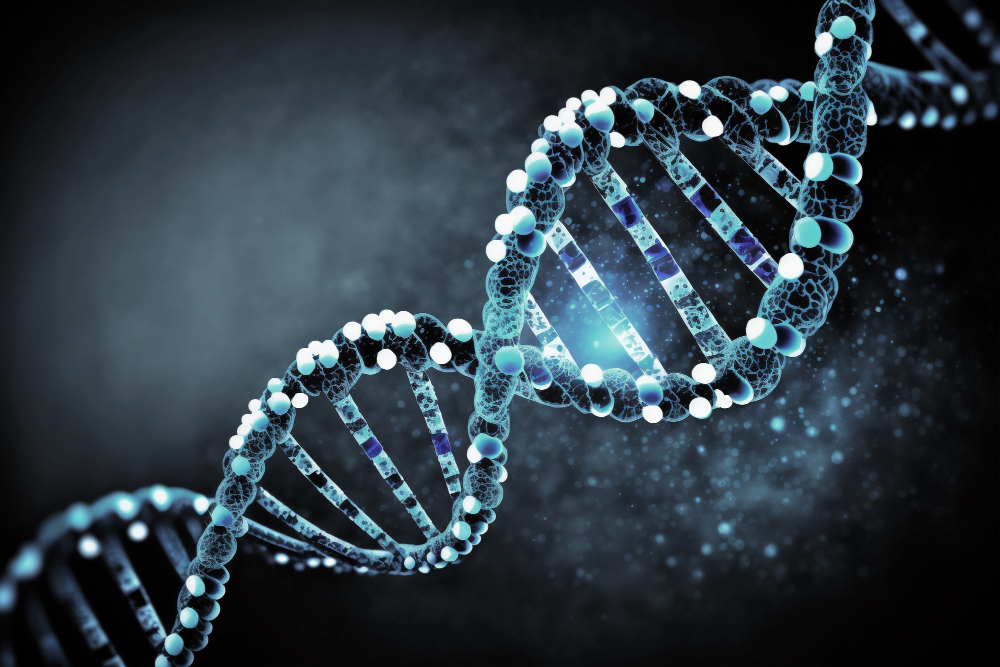AI predicts how cells respond to drugs and genes
AI can forecast gene effects and reveal how treatments function inside cells, providing quantitative insights for medical research.

KAIST researchers have developed AI that predicts cell responses to drugs and genes, with potential to transform drug discovery, cancer therapy, and regenerative medicine. The method models cell-drug interactions in a modular ‘Lego block’ approach, enabling analysis of previously untested combinations.
The AI separates representations of cell states and drug effects in a ‘latent space’ and recombines them to forecast reactions. The system can predict gene effects on cells, providing a quantitative view of drug and genetic impacts.
Validation using real experimental data demonstrated the AI’s ability to identify molecular targets that restored colorectal cancer cells to a normal-like state.
Beyond cancer treatment, the platform is versatile, capable of predicting diverse cell-state transitions and drug responses. The technology shows how drugs work inside cells, offering a powerful tool to design therapies that guide cells toward desired outcomes.
The study, led by Professor Kwang-Hyun Cho with his KAIST team, was published in Cell Systems and supported by the National Research Foundation of Korea. Researchers highlight the AI framework’s broad use, from restoring cells to developing new therapies.
Would you like to learn more about AI, tech and digital diplomacy? If so, ask our Diplo chatbot!
